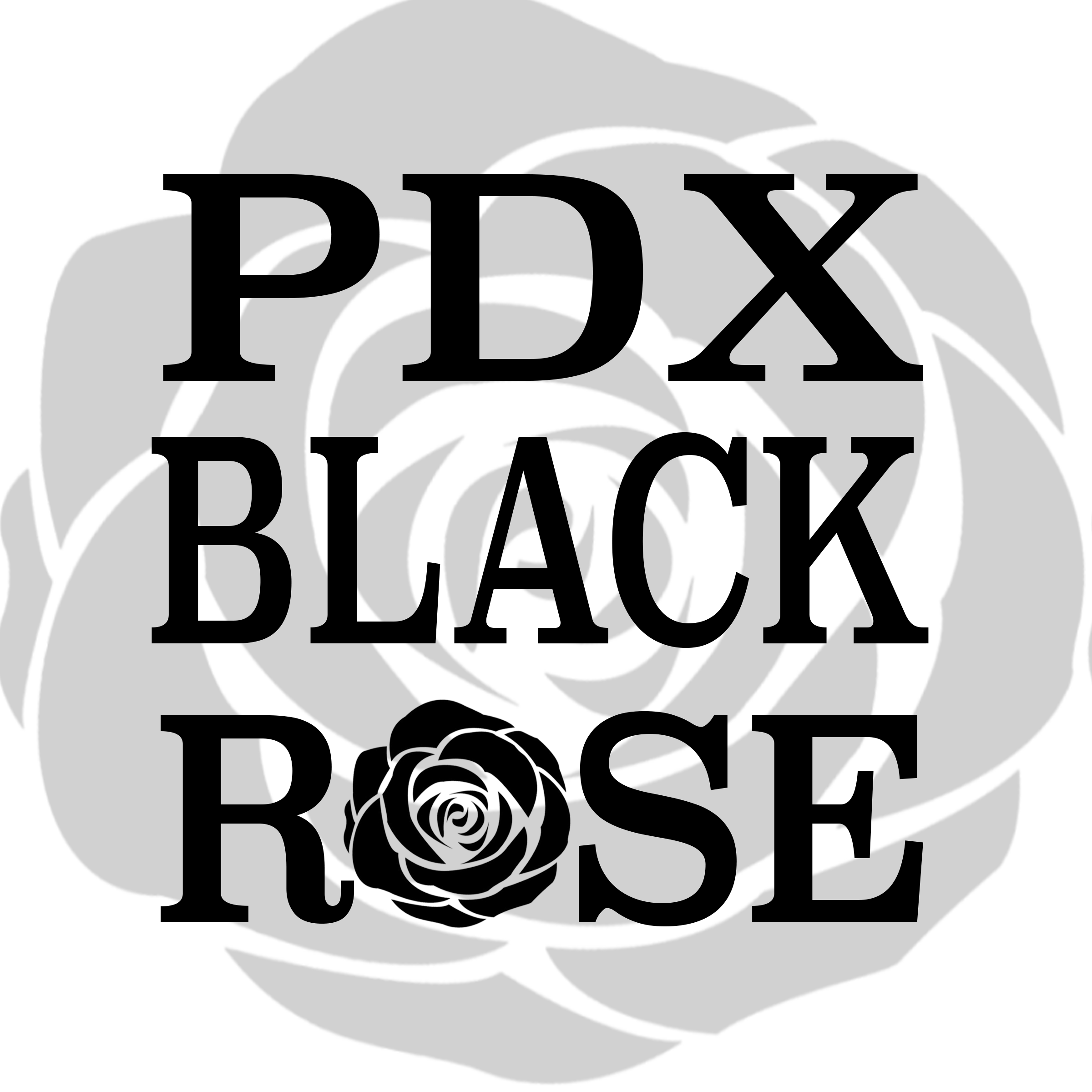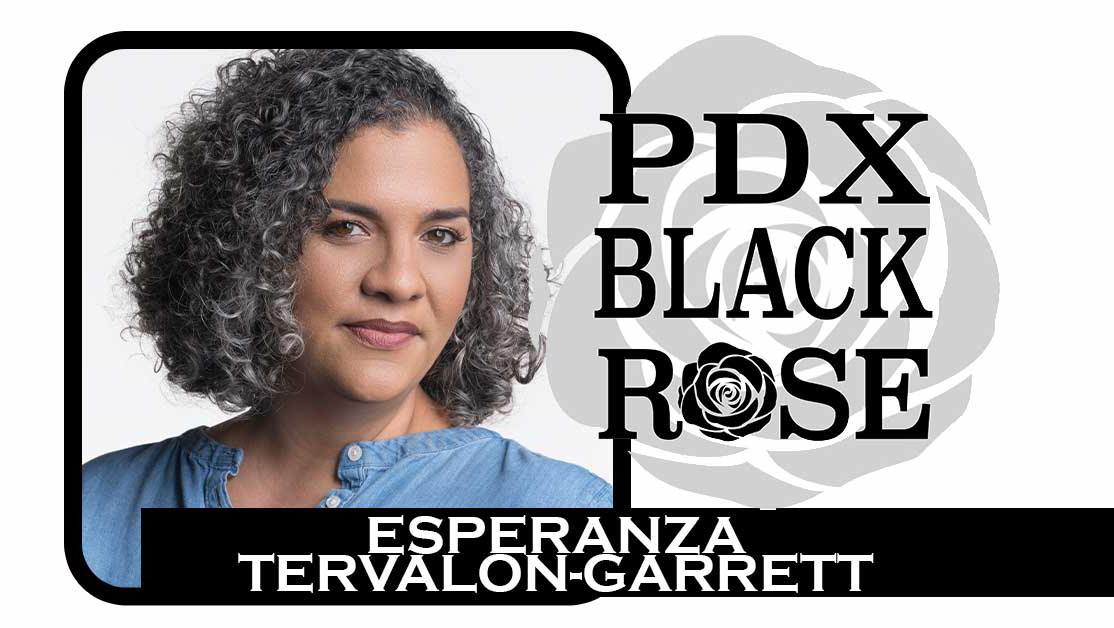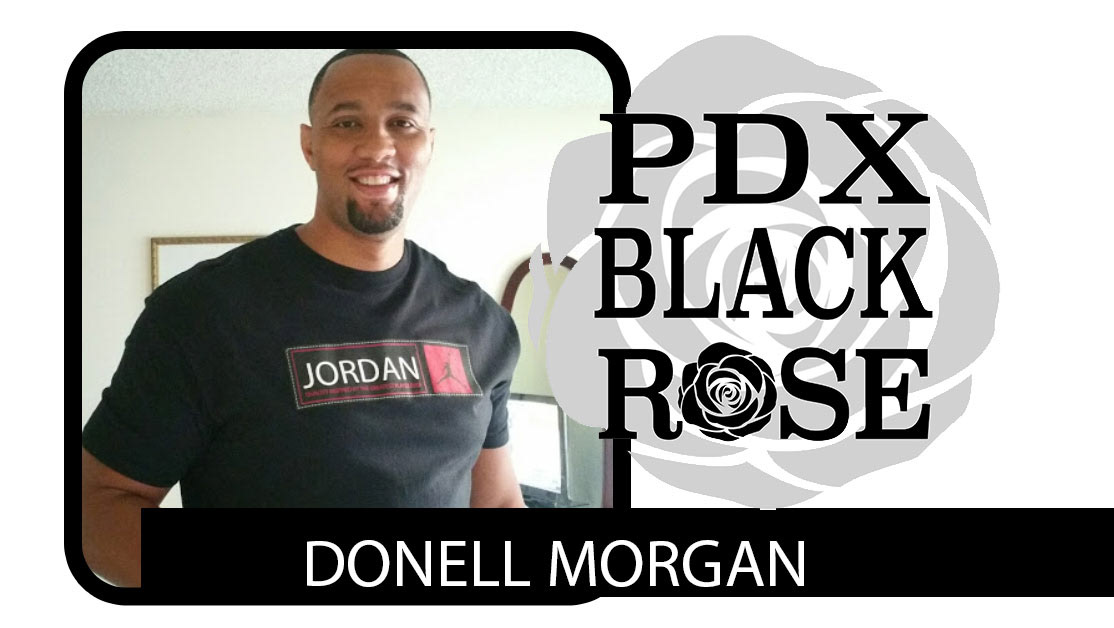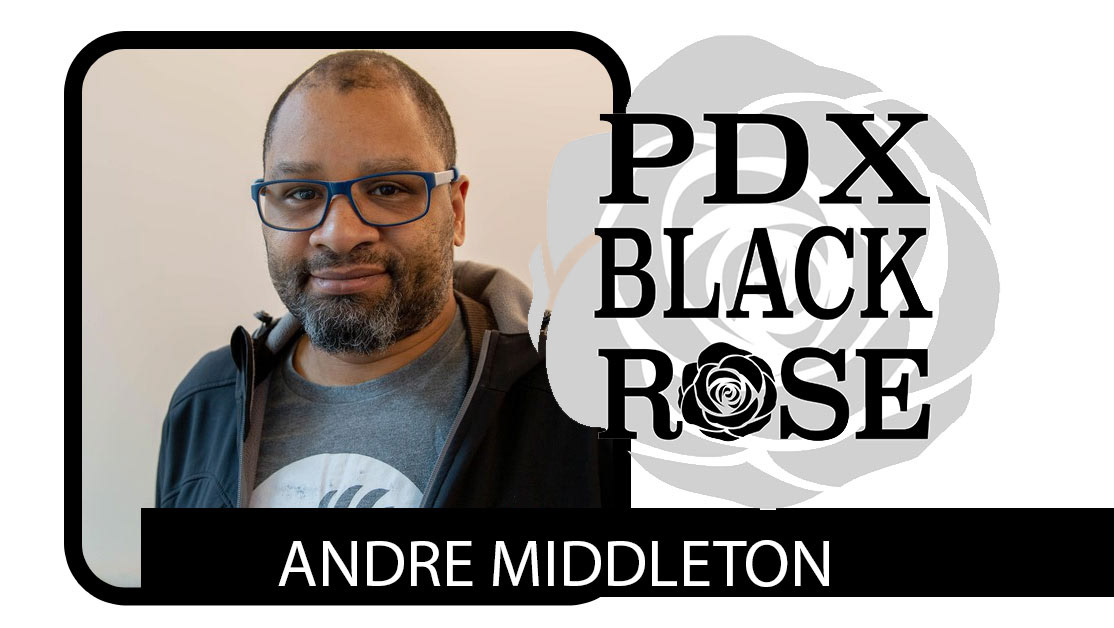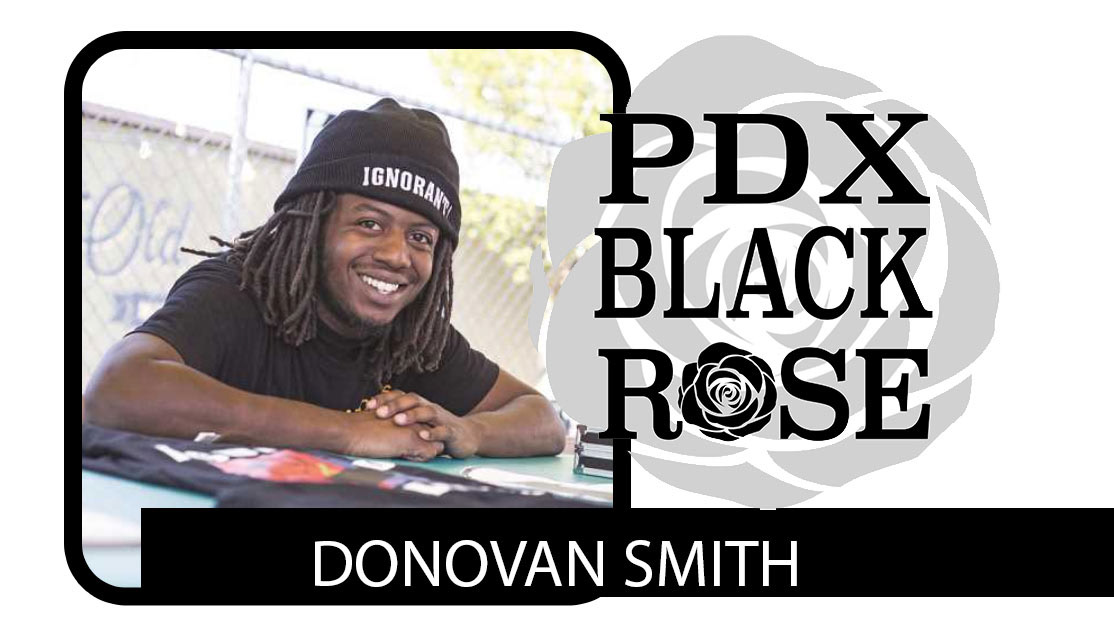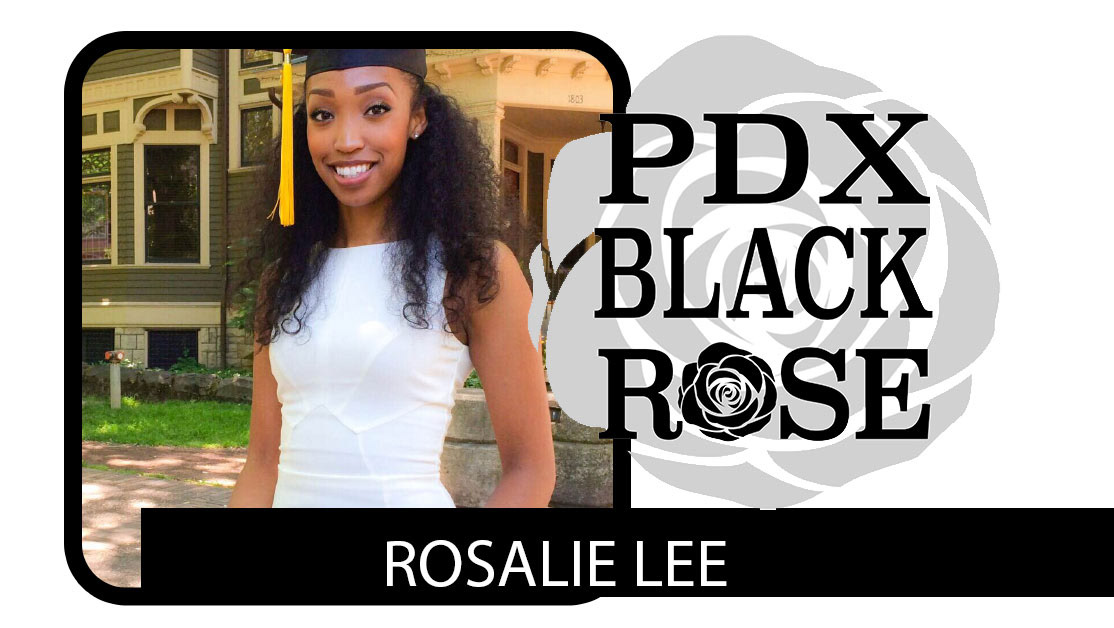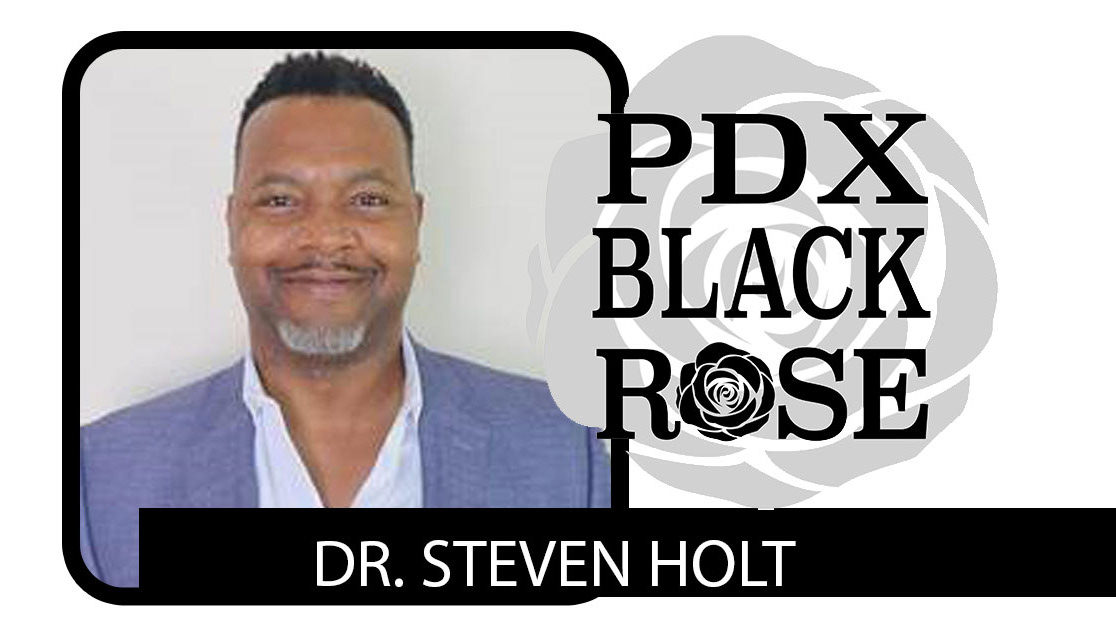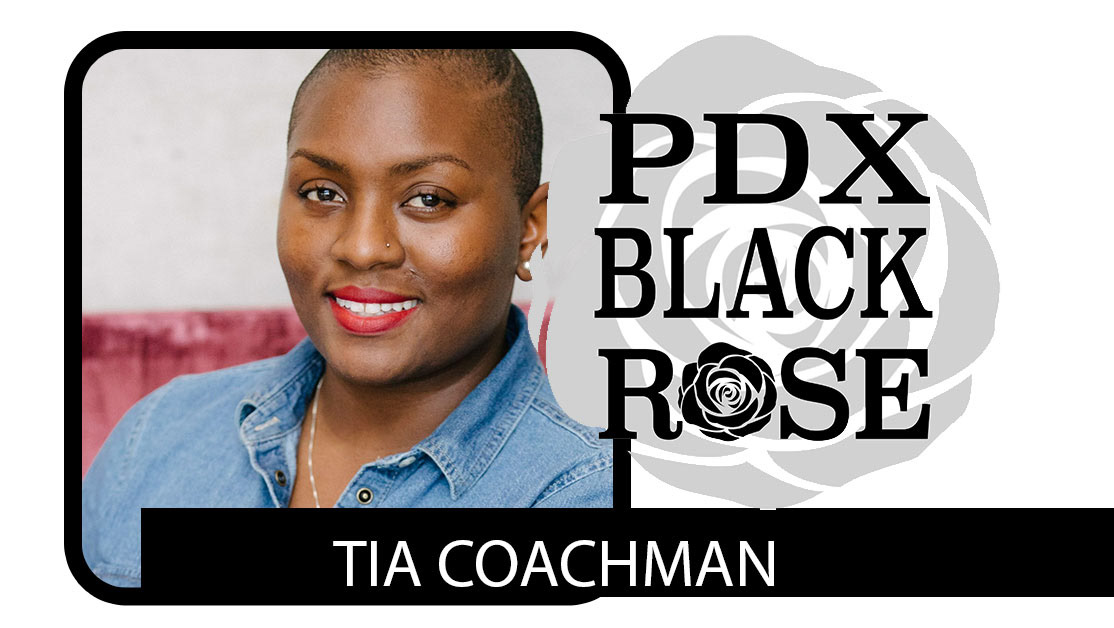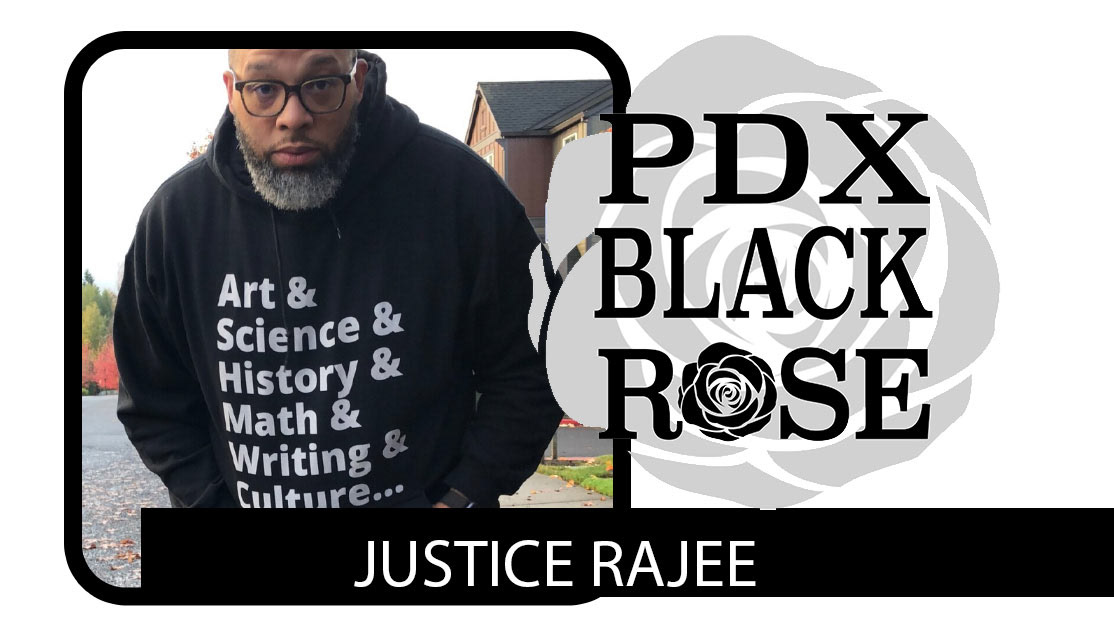John Washington (@flossinmedia) joins us on the PDX Black Rose Podcast for the second time. We had a powerful conversation while sharing some of the similarities and differences between systemic racism back in the day, and how it looks now, especially in the middle of a pandemic. John is the editor and chief of Flossin Media, the host of the Black Beat Podcast that takes an unapologetically Black approach to each discussion for a deep dive into the core issues that have historically divided us all. Along with that, John is also the President of the Soul District Business Association, a physical and virtual collective - promoting initiatives, programs, and spaces that bolster the economic opportunity and well-being of Portland's African-American community. Don’t forget to check out our first interview together on our podcast, if you haven’t already.
Disclaimer: The following content in this podcast contains explicit language and references.
What is the blackest thing that you’ve done in Portland?
Stand on the front line being unapologetically black. The next thing is that, for the last 15 years I’ve printed a publication and produced a media company that specifically is focused at, for, and by Black people. I’ve written culturally specific programs that address and deal with addictions and gang interventions and all those things. But what I’ve done lately is that I made sure that during the pandemic when it hit, that it was clear that we were going down, I packed my rig up with all the materials that were preventative that could possibly work against Covid and I made sure that I got around to as many Black people, families, and businesses as I possibly could to make sure that they had adequate defense to be able to fight against this virus, to protect them and their family.
Covid-19:
13:37-13:57 “When we look at Covid, it had us pinned down for a while there and I think that there was some real interesting dynamics that occurred, not only for the individual, but as a societal reality on a worldwide scale. But it did purge and bring forward some real interesting insights into things.”
14:10- 14:19 “When we looked at this past year and the Covid thing, just think about how much introspection we had to be able to begin to look at our state of affairs and our condition”
14:49-15:00 “But the question was, what is the world going to look like once this pandemic is over and we come back out again? What has emerged?
55:57-56:16 (From a racist white perspective) “When you think about this whole notion about this virus and what it can do, why would I get in the way of it? If I knew that it was killing 5 Black people to every 1 white person, why would I get in the way?”
George Floyd:
17:49-18:08 “What I saw was different. 20-25 years ago when we would’ve had the same elements and dynamics that might have arisen as a result of racial injustice in this country, it would’ve been able to have been shaved down to just the simple reality of white and Black right?”
37:48-38:04 “A lot of this shit’s systemic and as much as we want to believe that we can go after racial equity, it’s going to be a hard thing as long as we’ve got institutions and systems that are reinforcing racism”
Reparations:
26:59-27:16 “I’m saying to us, that we have to be ever-diligent about declaring what the reality or the response to a condition is and not only do we declare that, we have to become very deliberate about how we’re going to address those things.”
34:50-35-14 “The way I see it is that either this country is going to accept the atrocities it has perpetrated upon Black people and make some kind of adjustment to compensate that and somehow or another address that, or they’re going to make your ass disappear”
38:24-38:51 “We’re still not gaining the opportunities that we need to gain to have generational wealth in this country so, this countries going to need to have to stop, get over itself, break us off like they did the Natives, the Japanese, the jews Someone has to or should apologize.”
39:13- 39:21 “Somewhere along the line you go “you know, we acknowledge” because that’s the healthy way to deal with an atrocity or something that's a reality”
39:35-39:45 “Or we go, ‘hey, you know I’m sorry you experienced that but you know its true and maybe perhaps we can figure out a way to compensate you for the injustices we’ve had”
52:20-52:39 “how do we move forward and increase our opportunity to improve the conditions of our country, our communities, and all of those things”
Systemic Racism:
34:23-34:40 “He’s (the white man) basically threatened by our existence and that’s a good and a bad place to be, man. Because if somebody’s got more power, more money, and more resources than you and they’re threatened by you, what do you think they’re going to do with that resource and that opportunity? They're going to spend most of that trying to make your life miserable”
41:54-42:17 “This is that whole reinforcement of the service industry personnel. It’s like the best that a Black person could do is entertain white America, but we can’t run corporations, we can’t start our own businesses, all of these things that are the foundational aspect of the capitalist system”
42:51-43:19 “And that reinforcement that says that if we’re standing alone or left alone, we’re not going to be successful so, we’ve got to be handheld by somebody, we’ve got to be overseen, we’ve got to be watched, we’ve got to be handled, you know all of these things but instead of just giving us what’s due and allowing us to come together and control our own narrative, that’s something that this country seems to have a difficulty with”
47:44- “A lot of the time the system forces our men into believing that they’ve got to make a choice between whats healthy versus unhealthy to survive in our society”
1:11:42-1:12:09 “Cause the death of us doesn’t necessarily have to come at the expense of some outside condition that we know is just conditional and systemic and so we have to be a little smarter than the systems that have set up before us and recognize that if its a trap somewhere on that street or on that pathway, we need to damn sure know where those traps are and we need to mark them and keep it moving”
4 the Youth:
36:10-36:30 “There’s a separation between the new generation of young people and the old generation of older people and that opportunity that technology has drawn that rift between, that is to some degree a deceptive reality. In that, we cannot get our cultural history and that understanding”
1:03:19-1:03:31 “I like the fact that we’re deliberate, I like the fact that young Black people are restless to a degree, that they’re willing to try to get another 5 yards and a cloud of dust out of this movement “
1:04:29-1:04:46 “I’ve got much respect for any young person that is willing to step into this arena called life and arrive at some kind of respectable outcome for yourself because in the end, it’s only you that you’ve gotta live with”
How Diversity Inclusion continues the marginalization of Black people:
18:22-18:48 “I remember clearly when they sold us on diversity, and I keep telling people about this but you’re going to hear how it’s working today and not necessarily in your favor.”
20:42-20-58 “There’s an assumption that we as Black people always need to couple ourselves with something. When we bring light to our atrocities that are placed upon us as a people specifically, it always has to be addressed in some global reality”
21:39-21:49 “Everybody else is in that room fighting for justice also, so it makes our justice not as big as it used to be when it stood alone.”
22:08-22:24 “There was never a justice for us and the original platform was set for us, so now we have other layers that we have to purge through to get to that justice. We have to hear about everybody else's inequities and injustices before we can get to dealing with ours”
Quotes:
24:14-24:17 “I couldn’t vote but I had a draft card”
1:02:37-1:02:52 “They believe that we are a group of passive recipients of our conditions. We won’t uprise, we won’t get upset about nothing, we’ll just take it and I think that that’s a story that has outlived its time”
1:03:44- 1:04:08 “To me, what equity really means is that when we increase the conditions or we equalize the conditions of the lesser amongst us, when we see a direct tragedy or trauma center is that we drop on that trauma center and we bring that triage to that center and we lift that up.”
Key Links:
Website: https://www.flossinmedia.com/
Podcast: https://anchor.fm/blackbeat
Facebook: https://www.facebook.com/flossinmedia/
Twitter: https://twitter.com/flossinmedia
